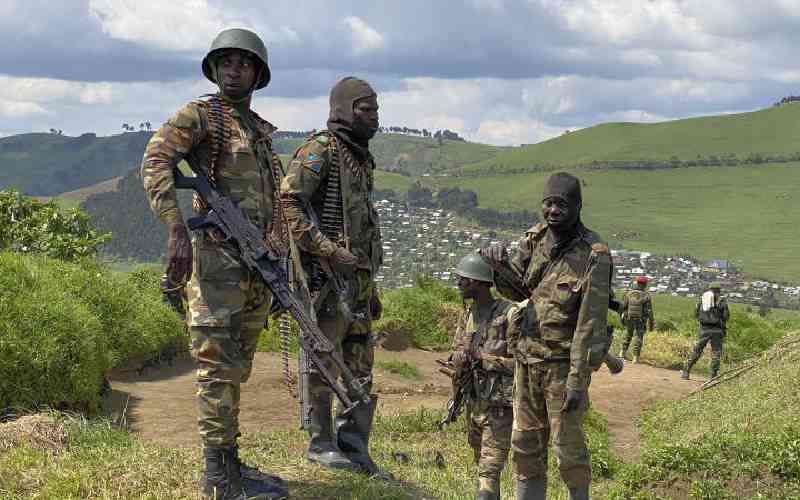×
The Standard e-Paper
Kenya’s Boldest Voice

On March 11, 2023, President Joao Lourenco of Angola said his country decided to deploy troops to eastern DRC and he informed the United Nations and the African Union about the decision.
Six days later, the Angolan Parliament approved the decision to send about 500 soldiers to the DRC. Lourenco is mediating between DRC and Rwanda under the Luanda Process. Any initiative to help ease tensions in the region is welcome.